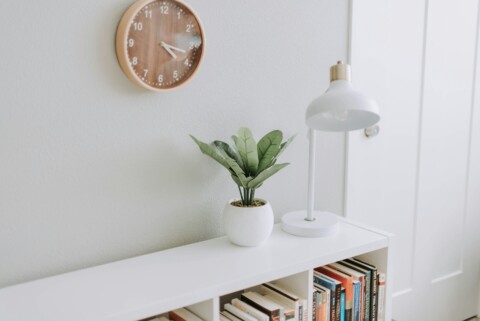In today’s fast-paced world, where the hustle culture often glorifies being busy, taking a moment for ourselves can sometimes feel like a luxury we can’t afford. However, the importance of self-care in maintaining and enhancing our mental health cannot be overstated.
For mental health enthusiasts and the wellness community, integrating self-care into our daily routines is not just beneficial; it’s essential. This comprehensive guide aims to explore practical self-care strategies that cater to various aspects of mental health.
Understanding Self-Care and Mental Health
Self-care is a broad term that encompasses anything you do deliberately to take care of your physical, mental, and emotional health. Although it’s a simple concept in theory, it’s something we often overlook.
Good mental health, on the other hand, doesn’t just mean the absence of mental health problems. Rather, it encompasses emotional, psychological, and social well-being, affecting how we think, feel, and act.
Why Is Self-Care Important for Mental Health?
Self-care encourages you to maintain a healthy relationship with yourself so that you can transmit good feelings to others. You cannot give to others what you don’t have yourself. Beyond just helping to reduce stress and avoid burnout, self-care practices can lead to a life of balance, healing, and self-preservation.
Self-Care Strategies for Mental Health
1. Establish a Routine
Humans are creatures of habit, and establishing a routine can provide a sense of normalcy and control over our lives. A daily routine can include designated times for work, exercise, meals, and, importantly, relaxation.
2. Stay Connected
In the era of social distancing, staying connected with loved ones can seem challenging, but it’s crucial for our mental health. Regular video calls, texting, or social media interactions can help us feel less isolated and more supported.
3. Get Moving
Physical activity is a powerful mood booster. Regular exercise can help alleviate symptoms of depression and anxiety. Find an activity you enjoy – be it yoga, walking, or dancing – and incorporate it into your daily life.
4. Prioritize Sleep
Sleep and mental health are closely connected. Lack of sleep can negatively affect your mood, while a good night’s sleep can enhance your well-being. Establish a relaxing nighttime routine and aim for 7-9 hours of sleep per night.
5. Practice Mindfulness and Meditation
Mindfulness and meditation can reduce stress and improve concentration, promoting a state of calmness and balance. Even a few minutes a day can make a significant difference.
6. Set Boundaries
Learning to say no is a crucial aspect of self-care. Setting healthy boundaries protects your energy and well-being, allowing you to focus on what truly matters.
7. Engage in Activities You Enjoy
Make time for hobbies and activities that bring you joy. Whether it’s reading, painting, or gardening, engaging in leisure activities can provide a much-needed escape from the stresses of daily life.
8. Seek Professional Help When Needed
Sometimes, self-care strategies might not be enough, and that’s okay. Don’t hesitate to seek help from a mental health professional if you’re struggling. Therapy can provide the tools and support needed to manage your mental health effectively.
Integrating Self-Care into Your Life
The key to integrating self-care into your life is to start small. Choose one or two strategies that resonate with you and try to incorporate them into your daily routine. Remember, self-care is a personal process, and what works for one person may not work for another. It’s about finding what works best for you and your mental health.
Conclusion
Self-care is an invaluable tool in the quest for mental well-being. By taking the time to care for ourselves, we can improve our mental health, build resilience, and enhance our capacity to face life’s challenges.
Remember, taking care of yourself isn’t selfish; it’s necessary. Start incorporating these self-care strategies into your life today and notice the positive impact it has on your mental health and overall well-being.
To all the mental health enthusiasts and members of the wellness community, remember: your mental health is a priority, your happiness is essential, and your self-care is a necessity.






